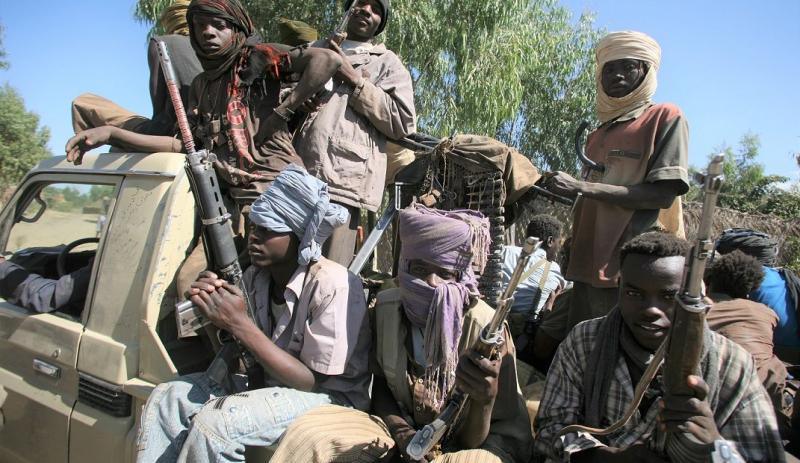This investigation also shows that unrest in places like northern Nigeria, Chad, Côte D’Ivoire, Burkina Faso and Mali instigated by non-state armed groups has increased the demand for small arms and light weapons (SALW) and significantly weakened the ability of their central governments to control their respective territories and the borders heightening insecurity in the sub-region.
The story reveals the negative impact of proliferation of SALWs on ordinary families who live in these conflict regions, particularly IDF camps in northern Nigeria and the significant economic toll on their lives.
It also highlights the effort by the African Union to address the threat posed by trafficking and proliferation of SALWs and how it has failed to achieve desired results. The report finally shows how regional security agencies have struggled to disrupt these underground networks due to the secretive nature of their operations.
The journalists speak to security experts, government and civil society representatives, gunsmiths and the academia to understand what is at stake, where and how manufacture of SALWs take place, the nature of trafficking, actions by governments in West Africa, particularly Ghana and Nigeria and the overall impact of proliferation of SALWs on civilians in the region.
Photo: Non-State armed group at Djebel Mara region, on the way from Kwila to Golol
Credit: HEGER, Boris, Copyright: CICR


